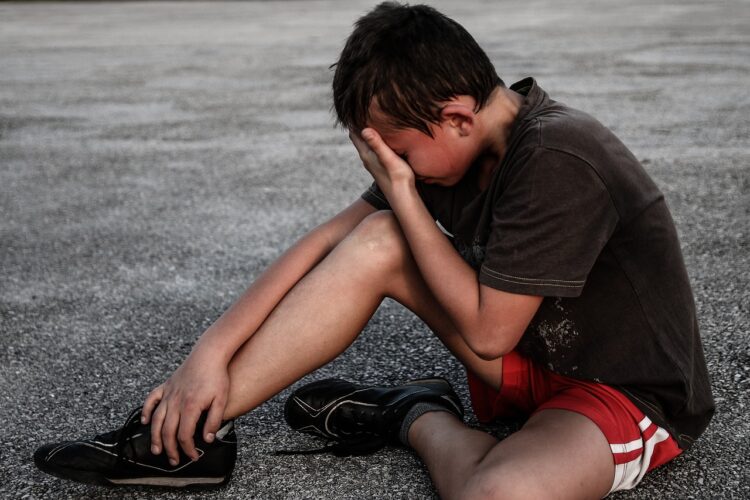
Parents often act out of love, but love mixed with control, fear, or misunderstanding can leave lasting marks. Some behaviors are explained as protection or guidance, yet they end up shaping children in harmful ways. Kids grow up carrying wounds that started with intentions called “love.” Here are some things parents do believing it’s best, but which can follow children long into adulthood.
Using Guilt to Control Behavior
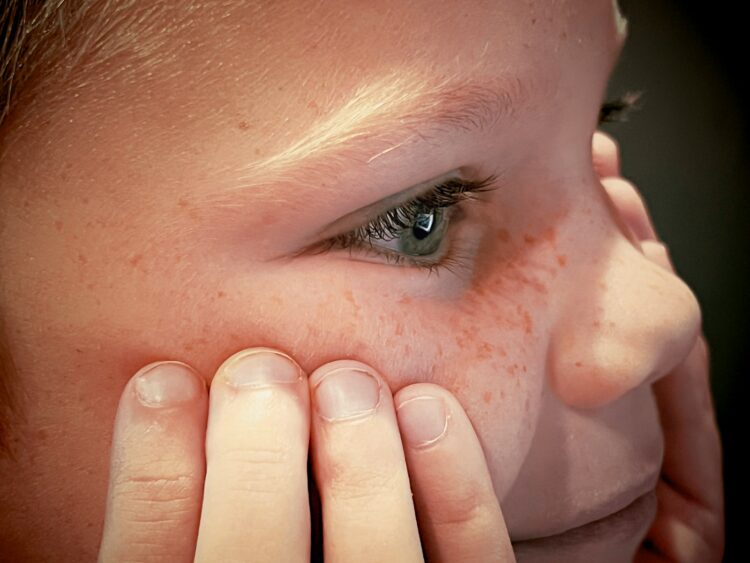
Telling a child, “After all I’ve done for you,” or “You’re breaking my heart,” might seem like a way to teach gratitude. In reality, it loads them with guilt. They grow up equating love with debt, always feeling they owe someone. That constant sense of obligation doesn’t fade with age. It makes adult relationships harder, because they confuse guilt with care and struggle to set boundaries without feeling selfish.
Pushing Kids Toward Perfection
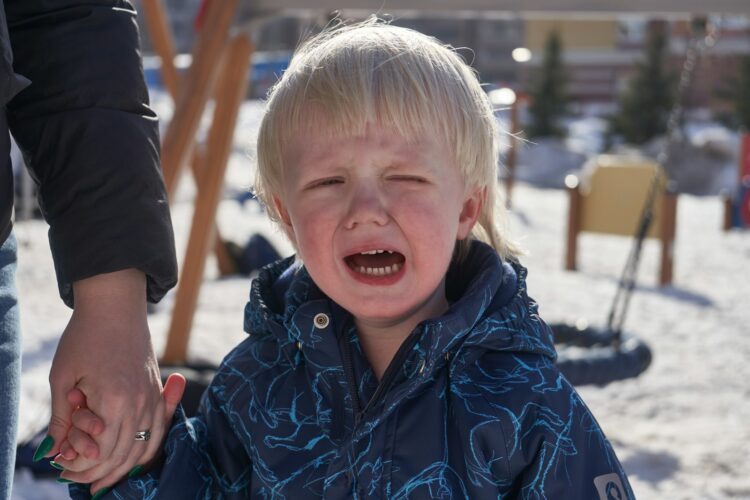
Some parents demand straight A’s, flawless performances, or constant achievement. They believe it will prepare their children for success. But kids raised under that pressure often grow into adults who never feel good enough. Mistakes feel catastrophic, and joy in learning disappears. The endless push creates anxiety that lingers in careers and relationships. What began as love-driven ambition ends up planting the idea that worth must be earned.
Dismissing Their Feelings
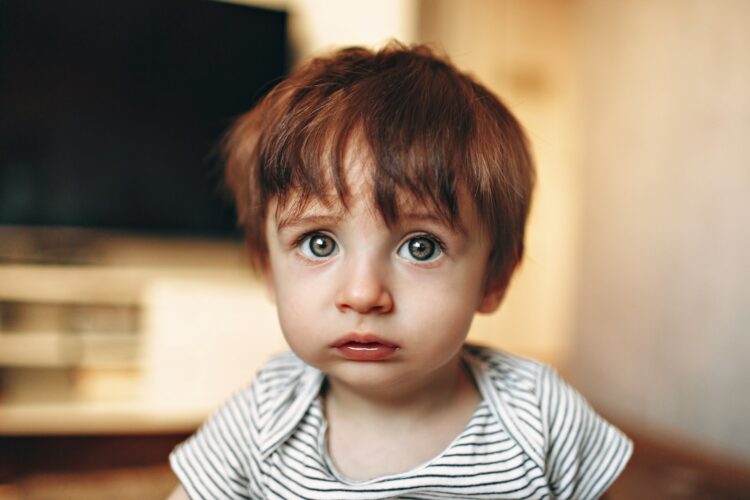
Saying “You’ll get over it” or “Stop being so dramatic” sounds like toughening kids up. But to a child, it communicates that their feelings don’t matter. Over time, they stop sharing emotions or doubt their own reactions. As adults, they may struggle to trust themselves or express vulnerability. The habit of brushing off emotions in the name of love leaves scars that make closeness feel dangerous later on.
Living Through Their Children
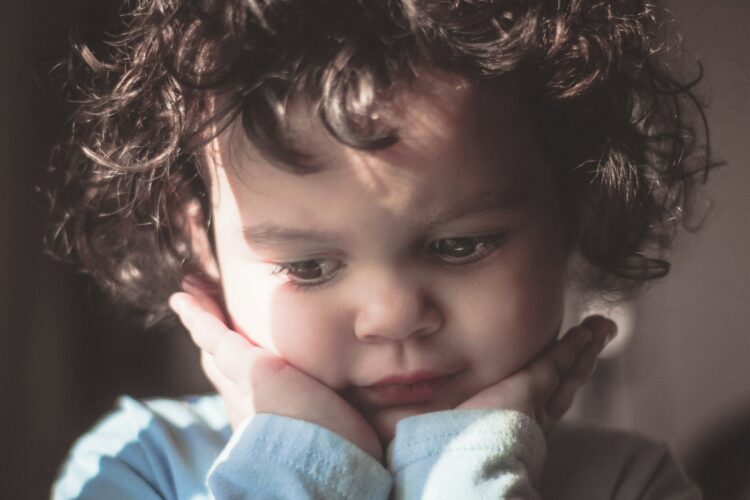
Some parents see their kids as a second chance at the dreams they never achieved. Dance classes, sports, or even entire careers are chosen less for the child’s joy and more for the parent’s satisfaction. At first, it looks like encouragement, but the child learns to perform for approval instead of listening to themselves. Later, they often feel lost about what they truly want, because someone else always made the choices.
Overprotection Disguised as Care
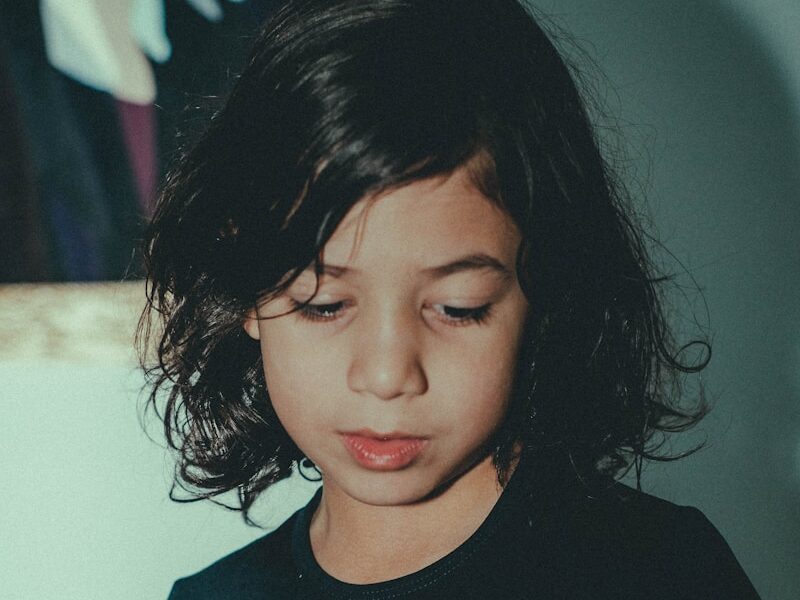
Keeping children shielded from every risk looks like love on the surface. But when parents hover constantly, kids don’t learn how to solve problems or take chances. As adults, they may freeze in the face of challenges because independence was never nurtured. What parents call protection often builds fear. It plants the idea that the world is too dangerous and that they can’t trust themselves to handle it.
Equating Discipline With Harsh Punishment
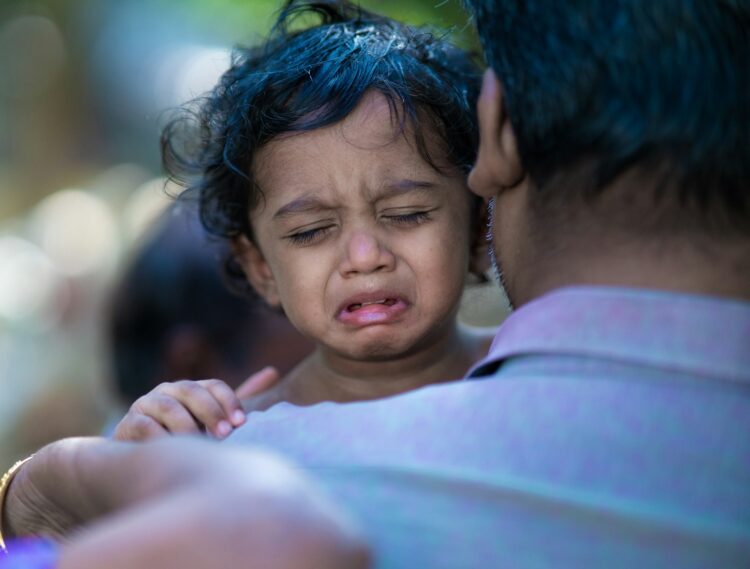
Some parents see strict punishment as proof of their love — a way to raise disciplined adults. What children learn instead is fear. Harsh punishments may stop a behavior in the moment, but they replace trust with anxiety. As those kids grow older, they may associate authority with pain and relationships with power struggles. Love expressed through punishment leaves an imprint that’s difficult to undo later.
Comparing Them to Others
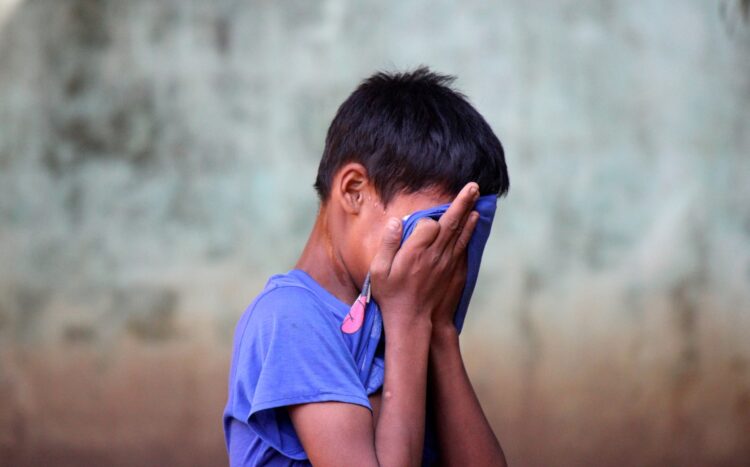
“You should be more like your sibling,” or “Look how well your cousin does,” sounds to parents like motivation. To children, it feels like rejection. Constant comparison strips away individuality and breeds resentment. Kids raised undercomparison often grow into adults who chase validation but never feel unique or worthy. The damage isn’t in the love behind the words, but in the message that they’ll never measure up.
Making Love Conditional

When affection is tied to achievement or obedience, children learn that love is something to be earned. Parents may think this pushes kids to behave well. Instead, it creates adults who fear abandonment any time they make mistakes. They spend years trying to prove their worth, terrified that love will disappear if they don’t perform. Conditional love, even when unintentional, can shape relationships in painful ways.
Oversharing Adult Problems
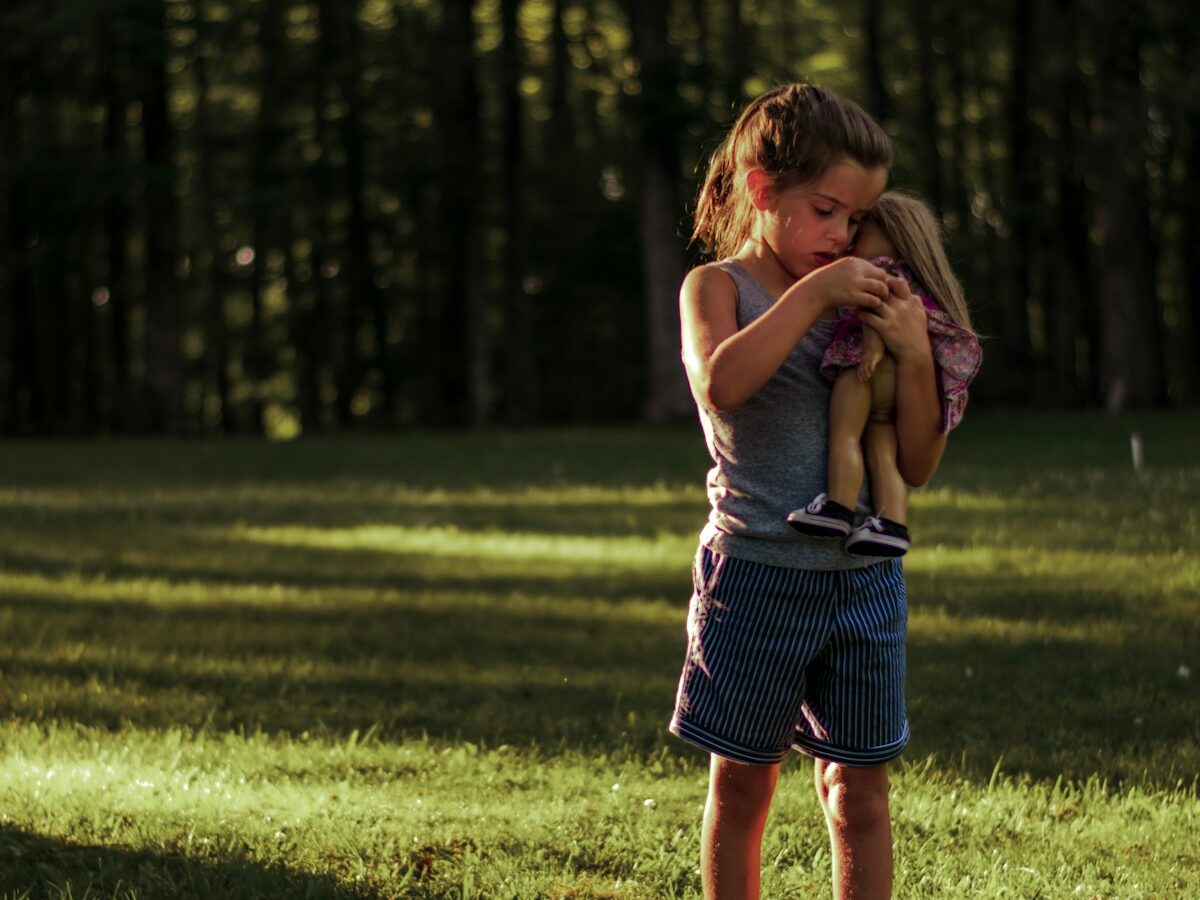
Some parents confide in their children about finances, relationship struggles, or personal worries. They may believe it brings closeness or maturity. But it often places kids in roles they aren’t ready for. Instead of feeling supported, children feel burdened. As adults, they may become over-responsible, always putting others first. The love behind oversharing backfires, leaving them with a lifelong sense that their job is to fix everyone else’s pain.
Controlling Friendships and Interests
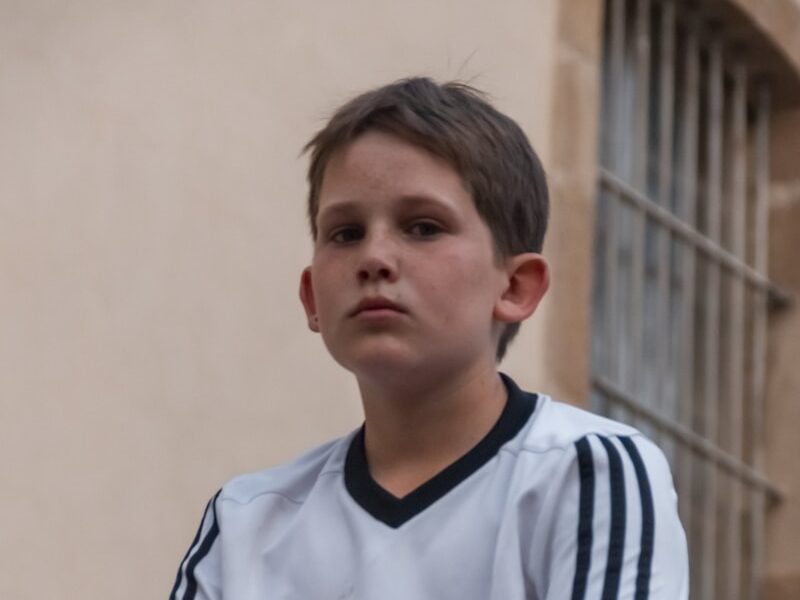
Some parents decide who their child should spend time with or steer them away from activities they don’t approve of. They call it love or guidance, but the child hears something different — that their choices can’t be trusted. Growing up like that leaves lasting marks. As adults, they hesitate over decisions that should feel simple, carrying an inner voice that questions every step. What began as care turns into lifelong self-doubt.
Suppressing Independence in the Name of Closeness
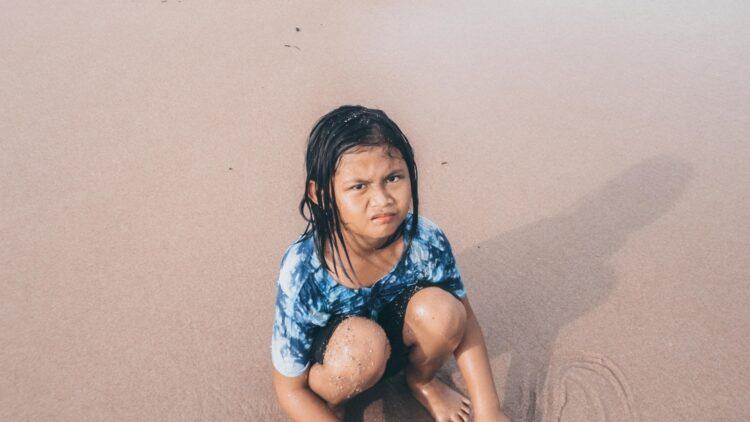
Some parents hold tight by discouraging independence, framing it as love. “I don’t want to lose you,” they say, but the message makes children feel guilty for wanting freedom. Those kids often grow into adults who either stay small to avoid upsetting their parents or carry guilt for leaving. Instead of support, love becomes a leash — keeping them tied down when they should have been lifted to grow.
Projecting Fear of Failure
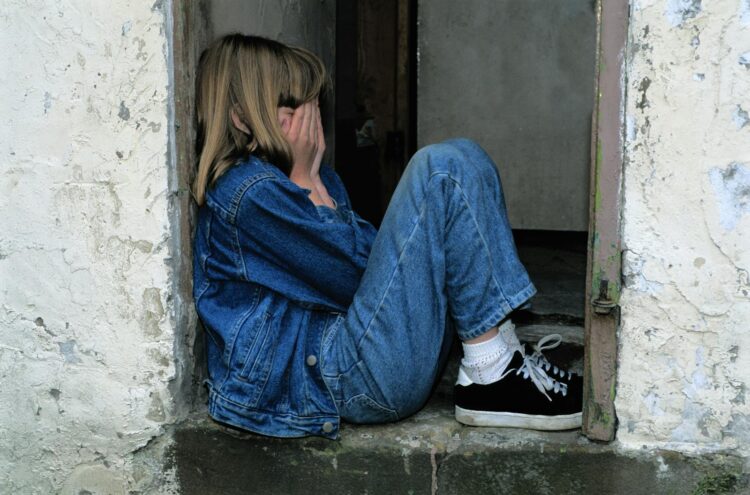
Parents who worry excessively about mistakes may try to “save” their children from failure. It looks like protection, but sends the message that failure is unbearable. Those kids often become adults who avoid risks, fearing disappointment.Instead of resilience, they develop hesitation. While parents believe they’re shielding their kids, what they really pass down is anxiety, teaching that trying and failing is worse than not trying at all.
Shaming Instead of Teaching
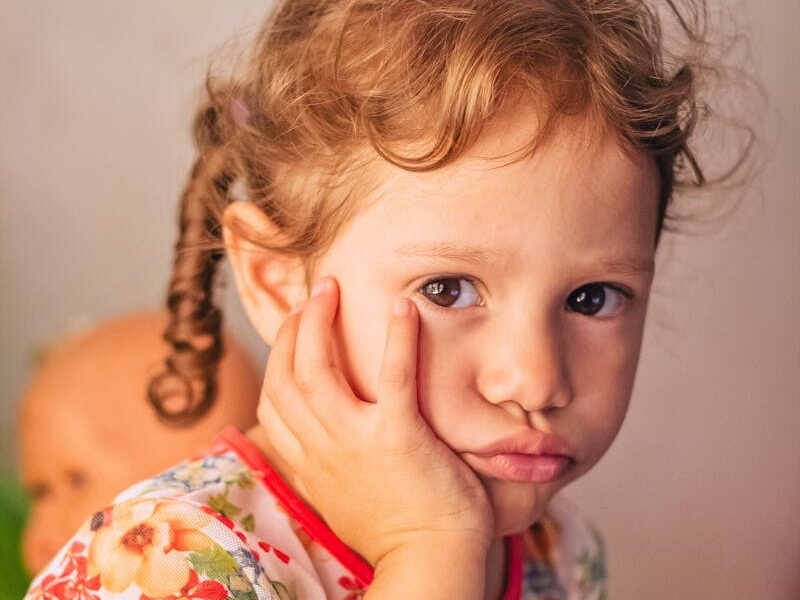
A lot of parents think shame will push kids to do better. They throw out lines like, “I can’t believe you did that,” or “What’s wrong with you?” Maybe it feels like discipline in the moment, but for the child, it cuts deeper than the mistake itself. It plants the idea that they are the problem, not the action. Years later, many still hear that voice, replaying the shame long after childhood is over.
Prioritizing Obedience Over Curiosity
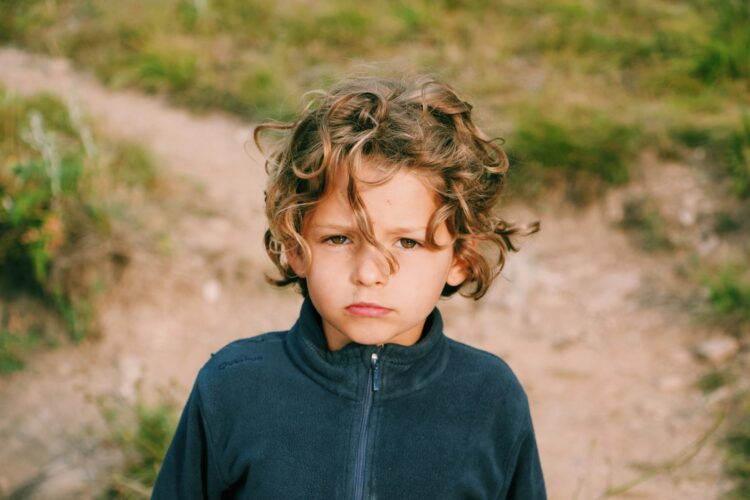
In some homes, questioning rules is treated like rebellion. Kids are told to obey without asking why. On the surface, it looks like discipline. Underneath, it silences curiosity. Those children often grow into adults who struggle to trust their own ideas or challenge what doesn’t feel right. They know how to follow, but not how to lead themselves. Obedience without freedom doesn’t build respect — it builds fear of stepping out of line.
Ignoring Boundaries Because of Love
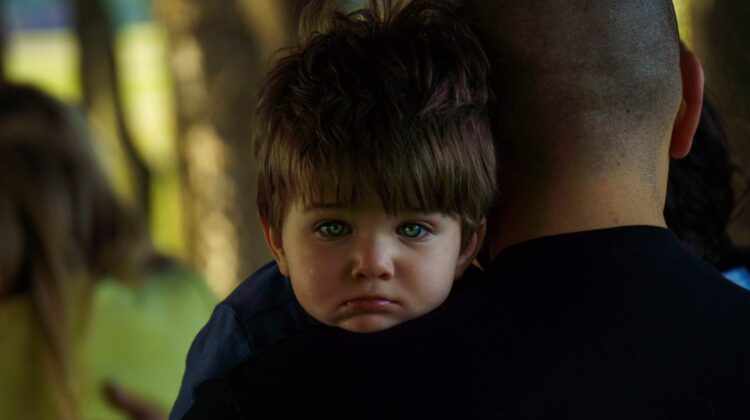
Parents sometimes confuse love with control. They might read a diary, demand to know private details, or dismiss a child’s need for space with, “I’m only doing this because I care.” To a kid, the message is clear: privacy doesn’t exist in love. That belief doesn’t disappear in adulthood. It turns into guilt for wanting space in relationships or shame for saying no. What was framed as care left them tangled in confusion.

